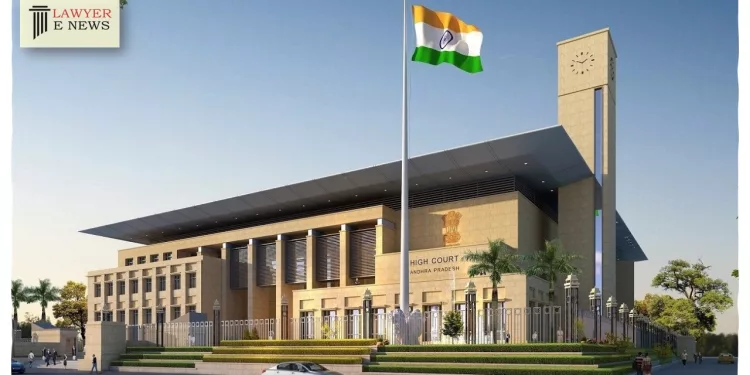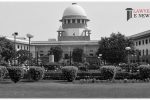The Impugned Government Order Is Arbitrary, Perverse, and Irrational – Andhra Pradesh High Court Quashes Ten-Year Limit on Sports Achievements for Government Jobs

The Andhra Pradesh High Court ruled that the ten-year restriction on considering sports achievements for eligibility under the sports quota for government jobs is arbitrary, lacking a rational basis, and violative of Article 14 of the Constitution of India.
Facts and Issues: The petitioner, Chandu Nagarjuna, challenged Government Order No. 8 issued by the Youth Advancement, Tourism and Culture (Sports) Department, dated 23.11.2020. This order limited the consideration of sports achievements to a period of ten years preceding the date of the recruitment notification. Nagarjuna’s sports achievements, particularly in archery from 2005-07, were excluded from consideration due to this time limit, impacting his eligibility under the sports quota for a government job.
Court Assessment:
Rational Nexus: The court observed that the ten-year limitation did not support the intended policy outcome of ensuring that appointed sportspersons represent their departments for at least five years. This restriction was deemed not to have a rational nexus with the policy’s objectives, thereby failing the test under Article 14 of the Constitution.
Judicial Review: Despite the general principle of non-interference in executive policy, the court noted exceptions apply when a policy demonstrates arbitrariness or lacks a reasonable basis. The court found that the ten-year rule was not justified by the reasons provided, rendering it unconstitutional.
Policy Analysis: The court pointed out inconsistencies between the government’s sports policy goals, which aim to promote widespread participation and benefits from sports, and the restrictive ten-year rule which undermines these goals by disqualifying achievements older than ten years.
Examples and Illustration: The judgment illustrated its points by examples showing that the rule arbitrarily disqualified older but recent achievements while allowing less recent ones, simply based on age, which failed to meet the ‘fresh blood’ argument posited by the state.
Decision: The High Court allowed the petition, quashing the impugned provision of Government Order No. 8 regarding the ten-year limitation on considering sports achievements. The court directed that the petitioner’s sports achievements be considered for eligibility without reference to their date of attainment. No order as to costs was made, and all pending miscellaneous applications were closed.
Date of Decision: 3rd May 2024
Chandu Nagarjuna v. Chief Commissioner of Land






